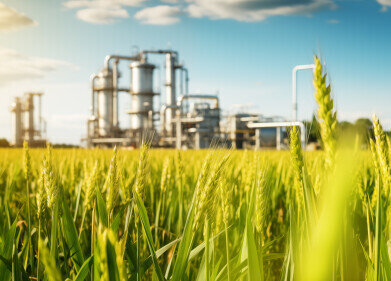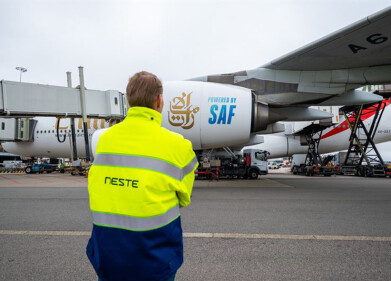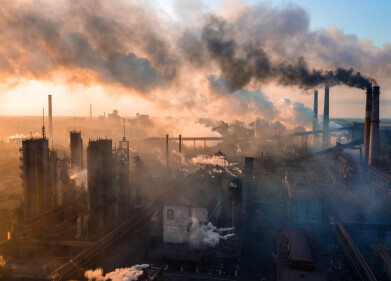Fuel for Thought
What Factors Influence Oil Prices?
Jul 15 2015
From powering cars and heating homes to empowering the military and developing petrochemicals, oil underpins modern lifestyles and economies. Just like other goods and services, the price of the naturally occurring nonpolar chemical liquid fluctuates quite significantly. You may have noticed that the cost of filling up the tank has dropped considerably over the past few months! So how exactly are oil prices determined? Read on for an overview of what factors influence the price of oil.
Commodities traders take centre stage
Across the globe commodities traders bid on oil contracts that see them buy or sell certain amounts of the resource for a pre-set price, at a pre-set time. These agreements are carried out on commodity exchange markets. All traders must be registered with the Commodities Futures Trading Commission, a directive that has been regulating trade for over 100 years.
The two types of traders
In general commodities traders can be categorised into two major groups. The first represent companies who use oil to power their operations. These traders purchase oil at a fixed price, then receive it at a later date. This allows them to hedge financial risk to their business and effectively manage oil expenditure. Category two traders are speculators who aim to cash in on the fluctuating price of oil.
The three key factors influencing oil prices
When developing bids commodities traders consider three major factors.
- Current supply is a major consideration and is usually regulated by quotas outlined by the Organisation of the Petroleum Exporting Countries (OPEC). The organisation aims to keep oil priced at a rate of $70 per barrel.
- The second factor is the availability of future supply. This largely depends on oil reserves and upcoming projects.
- The final factor to consider is demand. The US is one of the major players, as well as countries such as India and China. Each month figures are calculated and issued by the Energy Information Agency.
Countries in crisis
As well as these three general factors crises in key oil producing countries can also impact prices. Generally prices fall when traders predict issues that could hinder oil supply. For example in 2012 oil prices skyrocketed when the USA and the European Union discovered that Iran was verging on the brink of nuclear weapons capabilities.Conflict in Libya, Egypt and Tunisia, as well as the Arab Spring have also seen oil prices rise in the past. Natural disasters can also influence prices, with catastrophes such as Hurricane Katrina and the Mississippi River flooding causing prices per barrel to soar.
Regardless of the price, oil refineries are always on the search for ways to slash operational costs. ‘How to Save Cash in Refineries by using Online TOC Analysers’ looks at how online TOC analysers can minimise the cost of processing steam and hot water during the oil refining process.
Digital Edition
PIN 25.1 Feb/March
March 2024
In This Edition Safety - The technology behind the ION Science Tiger XT - Safety with ammonia and LOHCs as hydrogen carriers Analytical Instrumentation - Discussion on new tribology te...
View all digital editions
Events
Apr 28 2024 Montreal, Quebec, Canada
Apr 30 2024 Birmingham, UK
May 03 2024 Seoul, South Korea
May 05 2024 Seville, Spain
May 06 2024 Riyadh, Saudi Arabia


















